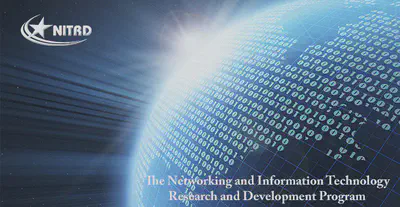Future Computing Community of Interest Meeting

On August 5-6, 2019, I was invited to attend the Future Computing (FC) Community of Interest Meeting sponsored by the National Coordination Office (NCO) of NITRD. The Networking and Information Technology Research and Development (NITRD) Program is a formal Federal program that coordinates the activities of 23 member agencies to tackle multidisciplinary, multitechnology, and multisector cyberinfrastructure R&D needs of the Federal Government and the Nation. The meeting was held in Washington, DC, at the NITRD NCO office.

The meeting set a goal to “explore the computing landscape for the coming decade and beyond, along with emerging and future application drivers, to inform agencies and to identify potential opportunities as well as gaps. It will also examine new software concepts needed for the effective use of advances that come with the future computing systems to ensure that the federal government is poised to respond to unanticipated challenges and opportunities.”
And the rationale: “There is much uncertainty in the HEC community as clock rate increases attributed to Moore’s law and Dennard are expected to end in the near future. The increase in feature count is currently slowing and will likely end within a few years. In this period of uncertainty, it is essential for the community to understand and embrace technologies coming to fruition in both the near- and long-term that provide a path forward for HEC in the absence of Moore’s Law and Dennard scaling. The impact of data analytics (including the use of artificial intelligence/machine learning), involving the movement, manipulation and storage of significant amounts of data has had a disruptive effect on high-end computing as well. The public, academic and private sector all need to be prepared for these new computing modalities from a hardware, software and workforce perspective.”
During the day and a half agenda, activities alternated between talks and breakout sessions, with industry talks given:
- Mark Papermaster (AMD): Delivering the Future of High-Performance Computing
- Steve Scott (Cray): Beyond Exascale: Playing the CMOS Endgame
- Mike Mayberry (Intel): Future Computing Models, Technology in the 2030-2040 Horizon
I led a breakout session on “Enabling Data” where we discussed future end-to-end workflows, algorithm-driven businesses, data governance and trust, diversity, and convergence of AI and High Performance Computing.
